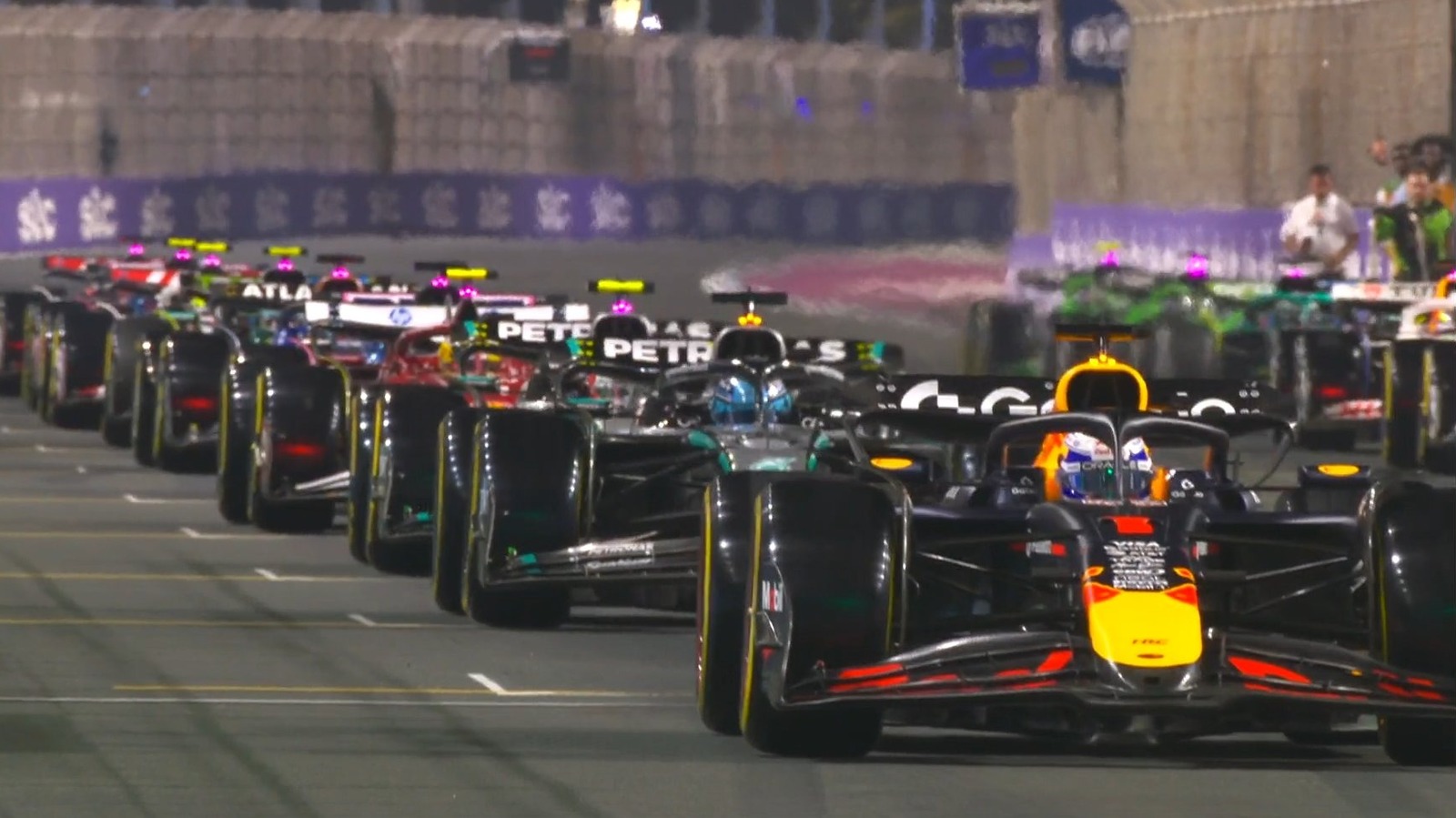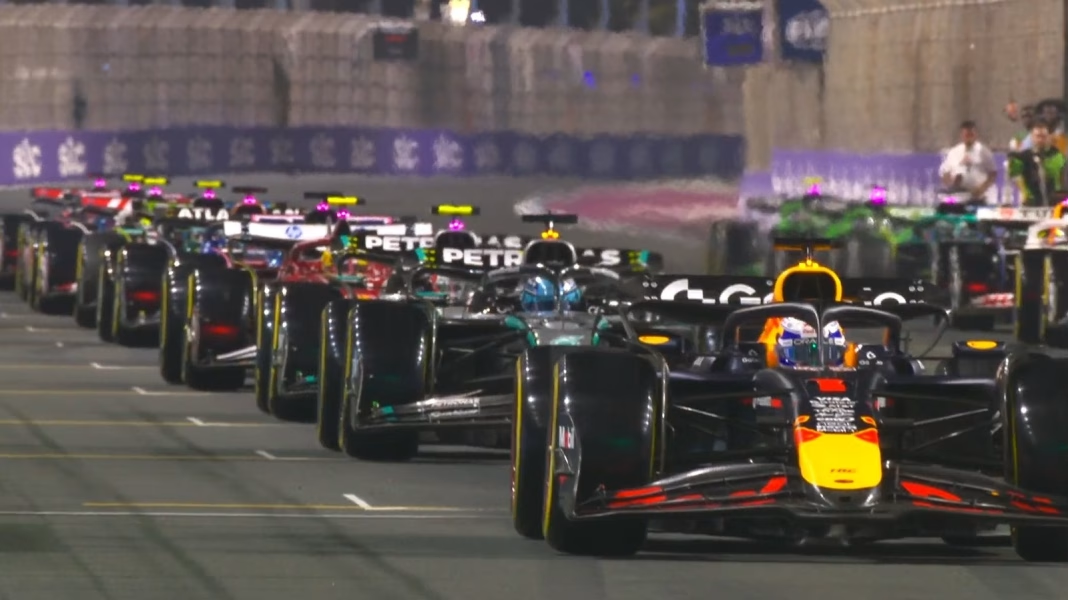Which Automaker Should Join the F1 Grid Next?
Formula 1 has always been a thrilling spectacle, blending cutting-edge technology with high-speed drama. As the sport evolves, the question arises: which automaker should join the F1 grid next? With Cadillac and Audi making headlines by entering the fray, the door is wide open for other manufacturers to follow suit. So, let’s dive into some contenders and explore how they could make their grand entrance.
Why Not Ford?
Imagine Ford, a name synonymous with American muscle and innovation, stepping back into the F1 spotlight. The Blue Oval has a rich racing heritage, from the iconic GT40 to their successes in NASCAR. With a renewed focus on electric vehicles and sustainability, Ford could leverage its expertise in performance engineering to create a competitive F1 team.
How could they do it? Partnering with an established team, like Red Bull or McLaren, could provide the necessary technical support and infrastructure. This collaboration would allow Ford to tap into existing knowledge while showcasing their commitment to performance and sustainability. Plus, with the growing interest in electric powertrains, Ford could pioneer hybrid technology in F1, aligning with their broader corporate strategy.
What About Hyundai?
Hyundai may not be the first name that springs to mind when you think of F1, but hear me out. The South Korean automaker has made significant strides in motorsport, particularly in rallying. Their experience in developing high-performance engines and all-wheel-drive systems could translate well to the demands of F1 racing.
To make their entry impactful, Hyundai could focus on a unique angle: sustainability. By developing a hybrid power unit that emphasizes efficiency without sacrificing performance, they could position themselves as a leader in eco-friendly racing. Collaborating with a team like Alfa Romeo, which has a history of innovation, could amplify their efforts and help them gain traction in the competitive landscape of F1.
Could Volkswagen Make a Splash?
Volkswagen is another strong contender. With a diverse portfolio of brands, including Porsche and Audi, they have the resources and expertise to make a significant impact in F1. Imagine a Porsche F1 team, leveraging their engineering prowess and motorsport heritage to create a competitive car that could challenge for podiums.
The strategy? A full-scale investment in research and development, focusing on aerodynamics and hybrid technology. By establishing a dedicated F1 division, Volkswagen could harness the collective knowledge of their brands to create a powerhouse team. Plus, with the growing emphasis on sustainability in motorsport, they could lead the charge in developing greener technologies.
What About Tesla?
Tesla might seem like an unconventional choice for F1, but their commitment to innovation and performance is hard to ignore. The electric vehicle giant has redefined the automotive landscape, and entering F1 could further solidify their status as a leader in technology.
How could Tesla approach this? They could create a unique F1 team that focuses entirely on electric racing, pushing the boundaries of what’s possible in motorsport. With their expertise in battery technology and software, Tesla could revolutionize the way power units are designed and utilized in F1. Partnering with a team like Williams, known for its innovative spirit, could help them navigate the complexities of F1 while showcasing their technological advancements.
The Big Picture
As we ponder which automaker should join the F1 grid next, it’s clear that the landscape is ripe for new entrants. Whether it’s Ford, Hyundai, Volkswagen, or Tesla, each has unique strengths that could contribute to the sport’s evolution. The key lies in strategic partnerships, innovative technology, and a commitment to sustainability.
The big takeaway? Joining F1 isn’t just about building a fast car; it’s about embracing the future of motorsport. Each of these automakers has the potential to make a lasting impact, and with the right approach, they could not only compete but also inspire a new generation of fans and engineers. So, which automaker do you think should take the plunge? Start imagining the possibilities, and who knows? The next big name in F1 might just be around the corner.


